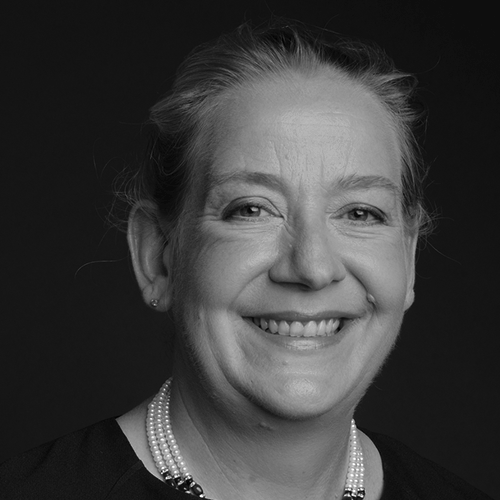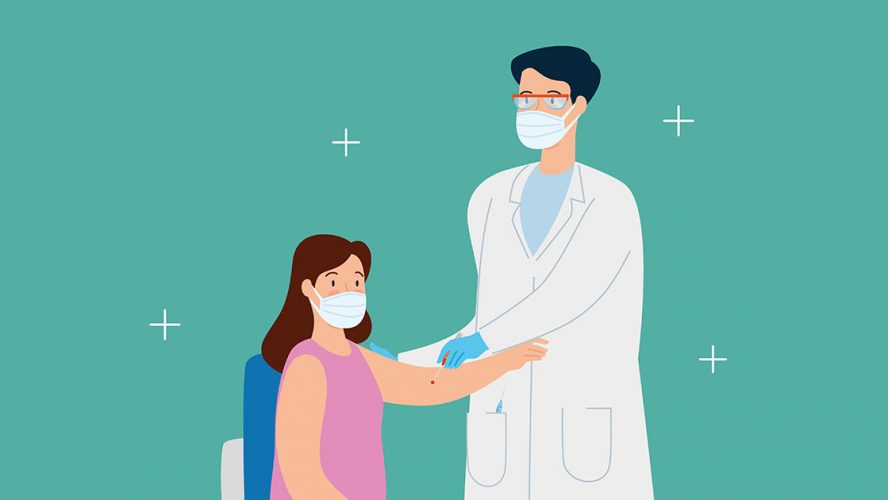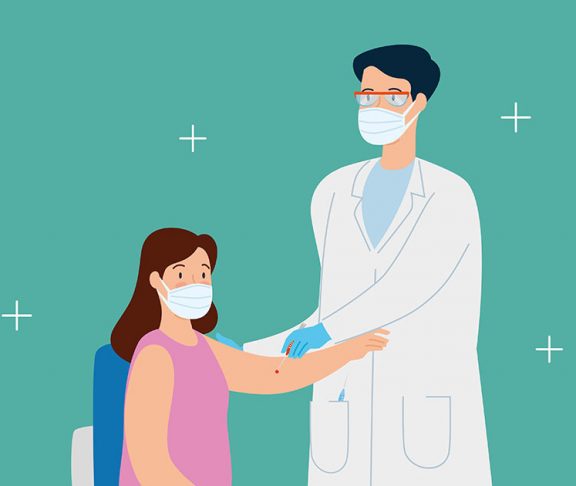
Tina S. Morris, Ph.D.
Executive Director, American Association of Pharmaceutical Scientists
As the world prepares for another wave, what is the current assessment of progress toward vaccines to bring COVID-19 under control?
When one of the country’s leading vaccine experts opened his presentation with a quote from Albert Camus’ book The Plague, he got everyone’s attention immediately:
“They fancied themselves free,” Dr. Greg Poland, director of the Mayo Clinic’s Vaccine Research Group quoted, “and no one will ever be free so long as there are pestilences.”
“There is no safe,” Poland said. “There is safer, but it requires an array of technological, behavioral, and societal interventions that the United States has been unwilling to engage in.”
Poland addressed hundreds of scientists during the American Association of Pharmaceutical Scientists’ PharmSci 360 conference. When it comes to battling infectious diseases, he said, there is nothing new under the sun. This is especially true for the role of human behavior in the disease equation and how it can tip the scales up or down for any cure one might devise.
The problem
Calling fear and ignorance the most highly transmissible diseases in humans, Poland said that common human reactions of denial and overpromising — and a limited ability to take a long-term view — have hampered an effective and collective response to public health crises. Coupled with the inability to follow protocols internationally, medical experts find themselves reinventing the wheel each time a new pathogen emerges.
“We’re in for a long and deadly winter because of our irrationality,” Poland said. “This is all part of a cycle that should surprise no one. It always goes this way.”
Poland acknowledged the immense pressure for the pharmaceutical industry to produce treatments and vaccines at an unprecedented speed. As Tufts Center for the Study of Drug Development reported earlier this fall, it normally takes seven years for anti-infective drugs to go through clinical trials and win approval from the FDA.
Poland warned that there is no substitute for careful clinical trials and expressed concern over “the perverse effects of science by press release.” He said there is an “irresolvable tension between speed and what we know about safety” for vaccines: though efficacy is generally easily determined, safety is significantly more difficult to establish, as it requires data points established by time (short, mid, long-term), dosing frequency, the analysis of different populations, the effect of other vaccines or medicines a person may have received, and the preexisting conditions individuals may have. Wide distribution of a successfully licensed vaccine is likely still months away, so the only tools for the public are social distancing, getting available vaccines for other seasonal diseases like the flu, wearing masks, and hand-washing.
We could have done better
Dr. Rolf Hilgenfeld joined Poland in lamenting the missed opportunities to stifle the pandemic, despite the lessons of history. An expert in decoding the coronavirus and designing drugs, Hilgenfeld is optimistic that effective therapies are possible for COVID-19. But he bemoaned the fact that the initial SARS outbreaks in the early 2000s did not lead to sustained antiviral drug development programs that could have better prepared the world for its current predicament.
Treatment for an infection must begin within a matter of days, he said. We need faster and wider testing to diagnose and treat people. COVID-19 will likely always be with us, but it could be less dangerous if we can do so.

